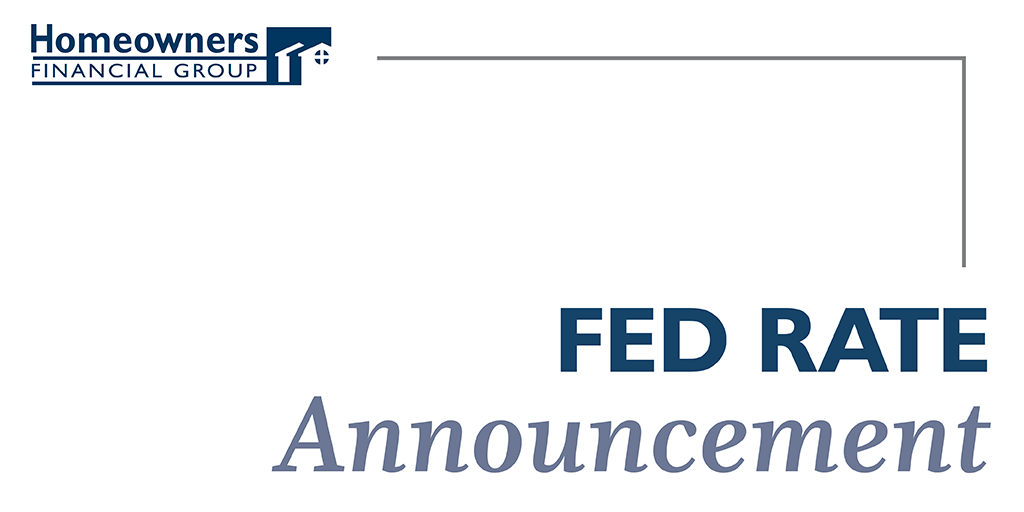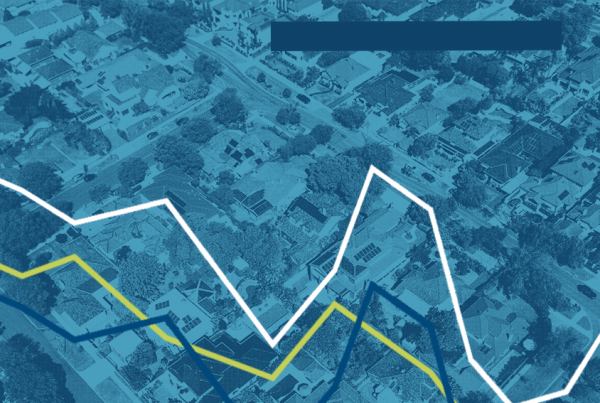
If you follow the financial news, you know that the Fed recently had one of their scheduled meetings to discuss and comment on policy.
First, who is the Fed?
The Federal Reserve Board (the Fed) is the central banking system of the U.S. The Fed supports the U.S. economy with monetary policy.
The Fed indicated it could start raising rates in 2022. These are charges for overnight loans from bank to bank and will often indirectly impact mortgage rates.
The Fed also expects to begin tapering its asset purchases “soon,” as early as its next meeting in November. The Fed began regular large-scale purchases of U.S. Treasuries and mortgage-backed securities in March 2020 to help lower long-term interest rates and stimulate the economy.
How will this affect your mortgage?
While neither of these actions directly impacts mortgage rates, either can have the result of pushing rates higher, even in advance of actual Fed rate policy changes.
What should you do?
Consider that today’s low rates aren’t likely here to stay long term. If you are thinking of purchasing or refinancing, it may pay to act soon. As well, if you’ve been thinking about purchasing a second or investment home, a recent change has made rates and availability of agency backed financing better.
Please reach out to your local Homeowners Licensed Mortgage Professional if we can answer questions or help you or your loved ones with financing (or refinancing) a home.




